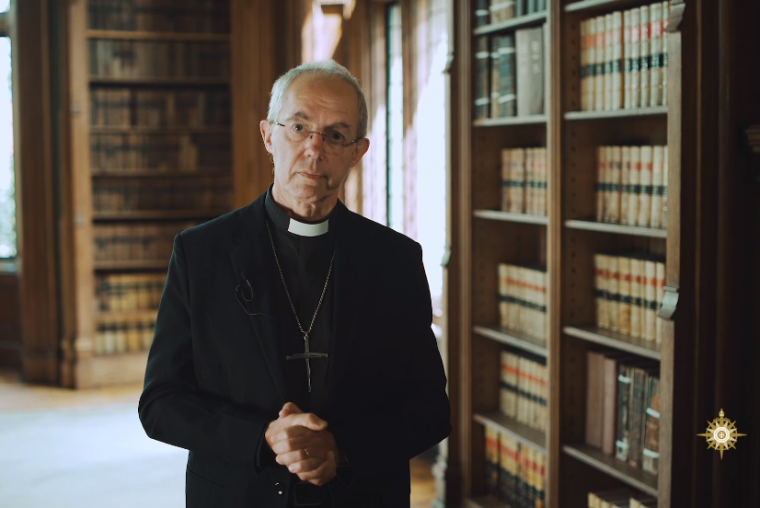Abuse report is a 'big wake-up call' for the Church of England, says Welby

The Archbishop of Canterbury has vowed to "do whatever it takes" after a scathing report this week accused the Church of England of putting the perpetrators of abuse before victims.
The report from the Independent Inquiry into Child Sexual Abuse (IICSA), based on evidence gathered at public hearings last year, said the Church had failed to protect children and young people from abuse, while prioritising its own reputation and creating a culture in which the perpetrators could hide.
Speaking a day after the report's release, Archbishop Justin Welby told BBC Radio 4's Today programme that the findings were "shameful and disgraceful", and that there had been a "shocking" lack of care shown to victims.
"Nothing must get in the way and we must do whatever it takes. This report is a big wake-up call," he said.
Since becoming Archbishop of Canterbury in 2013, Welby said he has "worked as hard as I could" to change the culture and "move the Church to a different place".
The Church has "begun a journey of changing" how it handles abuse so that it can no longer be covered up, he continued.
"It is a very serious matter, a disciplinary matter, for anyone to cover up any abuse at all," the Archbishop said.
Welby's comments suggested agreement with the report's conclusion that bishops should not be responsible for overseeing abuse investigations.
"It is necessary to show that we have changed and we've systems in place, and part of that is independent oversight," he said.
"The whole system has been broken, the way we deal with this, and it needs to move towards, as the report suggests, a much more independent oversight of safeguarding."
This would, he said, involve a set-up where "there is responsibility clearly assigned and it is not in the hands of those who are, in a phrase that was used in the inquiry, seeking to mark their own homework".
He added that the centre of the Church's focus needed to shift to victims and survivors.
"I think we have been poor at leading with redress and dealing with the victims and survivors, I don't dispute that for a moment," he said.
"I think actually we're very bad at supporting those who are most deeply affected by the allegations of abuse, so the families and those close to the person who has abused, who themselves can in a sense be the deep victims of abuse.
"We have not cared for them as we should, the whole lack of care in this is shocking. We have become bureaucratised. We need to focus and put at the centre of our attention now, the victims and survivors."











